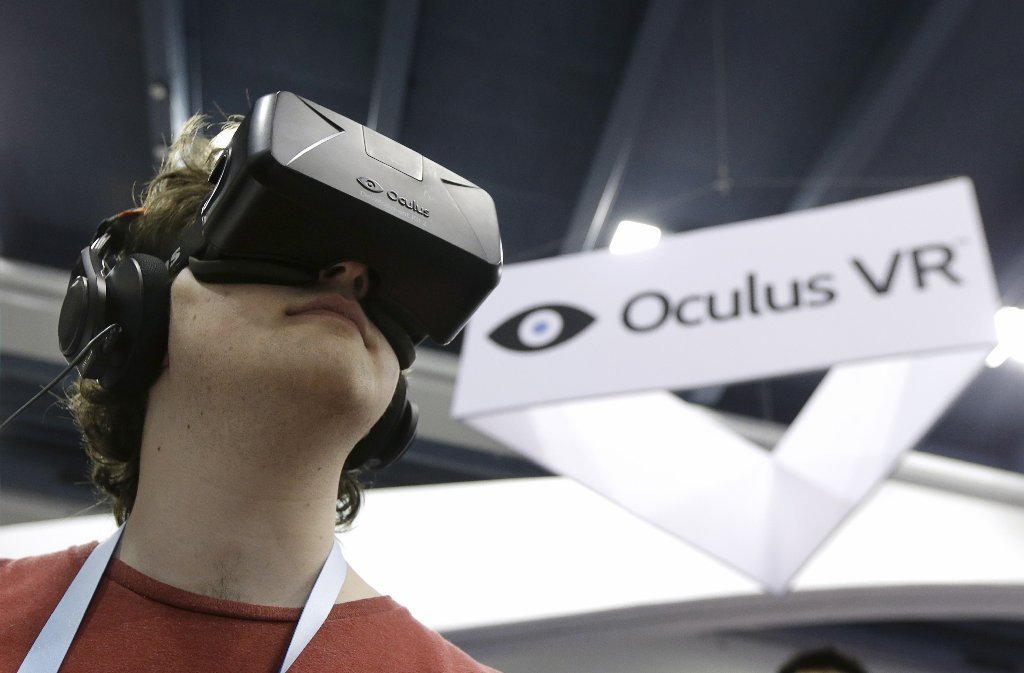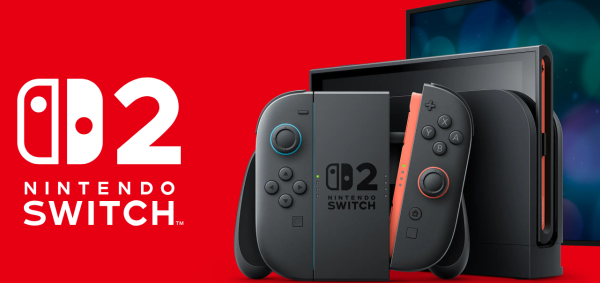Facebook Buys Virtual Reality Company
On Tuesday, March 25, Facebook announced their acquisition of Oculus VR, the company behind the Oculus Rift, for an impressive $2 billion.
Oculus VR was started in 2012 by a donation campaign on Kickstarter, an online system that allows interested individuals to invest money into an idea or project. The campaign focused on procuring enough capital to begin development of the Oculus Rift, a set of virtual reality goggles to be used mainly for gaming, and collected $2.4 million (surpassing their $1 million goal in less than 36 hours).
The Rift’s primary use, gaming, looks like it might survive the transfer, in Facebook CEO Mark Zuckerberg’s statement on the acquisition said
“Immersive gaming will be the first [new kind of experience], and Oculus already has big plans here that won’t be changing and we hope to accelerate.”
While it’s not the huge $19 billion that Facebook dished out for WhatsApp, the $2 billion price point is significant considering how new the company is. After almost two years, Oculus VR is still focused on the Rift, its only product.
The headset has gained incredible support from developers, and has continuously been updated and improved. At the Consumer Electronics Showcase in 2014, Oculus unveiled their newest version of the Rift, codenamed “Crystal Cove.”
To be entirely honest, I was skeptical of its success before being acquired by Facebook, and now I think I’m even more skeptical.
Virtual reality is in no way a new concept, and it hasn’t caught on before. In gaming specifically, many still remember how incredibly hard Nintendo’s Virtual Boy system failed. Released in 1995, the Virtual Boy, like the Oculus Rift, was a headset with two displays inside a goggles-like structure.
Between the Rift’s cumbersome structure, its tendency to make the user nauseous, its additional requirement of head movement, and the possibility of it making The Matrix into reality, I conclude that, though an impressive system with extreme versatility, I, personally, wouldn’t buy one.
But the viability of a virtual reality gaming headset is another topic, and the big news for VR gaming is Facebook’s new toy.
Facebook is dead. As with all technology-based trends, it became wildly popular, and soon its time of glory was up. Now, it seems, Facebook is trying to imitate Google by buying its way into as many industries as it can. One commenter on Zuckerberg’s post even said, “Mark please don’t buy my bed now thank you”, a comment which has collected over 11,000 likes in less than a day.
Google was very successful its quest to diversify itself, and as a result it flourished and expanded rapidly. The difference is that everyone still used Google when it started expanding.
Facebook is falling, and now it’s grabbing onto everything it can in hopes it can catch itself and pull itself back up. Facebook just might use one of these new companies to return, but I think Facebook will more likely drag all of these new companies down with it.
Facebook is in no way a gaming company, and despite Zuckerberg’s claims, I highly doubt the Oculus Rift will remain a gaming console for much longer. Whatever Facebook thinks it can do with virtual reality, there’s no reason to believe it’s gaming.
While virtual reality could revolutionize many, if not most, media, it was the gaming community that payed to have it produced. The Oculus Rift was created specifically as a gaming console, and it should first become legitimate in its primary objective before expanding. If there was another industry that could feasibly implement virtual reality, they would already be doing it.
In order to integrate virtual reality, movies would need to shoot with a full 360º camera system and ensure the experience still holds up, any visual media would now require a fully three-dimensional environment that exists fully surrounding the viewer, and websites would need to be completely revolutionized from the ground up. All this to support those few consumers who choose to spend $300 on one headset.
Gaming is different. Gamers will spend $500 on a console, $100 on an audio-only headset, $200 on a custom controller or gaming mouse, $1,000 building a custom gaming PC, $500 on one or multiple monitors, all without buying a single game or paying the electric bill. A $300 VR headset is a great deal for gamers.
But Facebook isn’t a gaming company, so it will probably invest the minimum resources it can into gaming, and try and force virtual reality into other markets.
If I did have any hope that Oculus would succeed, Facebook just bought it all.












